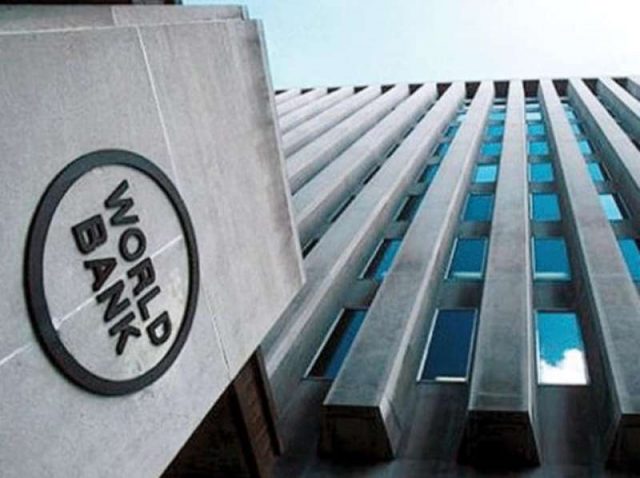WED 12 JAN, 2022-theGBJournal- Growth in Nigeria is expected to reach 2.5 percent in 2022 and 2.8 percent in 2023, says the World Bank in its January Global Economic Prospects report.
The Bank expect, higher oil prices and the gradual easing of OPEC+ production cuts to benefit Nigeria, and Angola as well which is projected to grow to grow by 3 percent on average in 2022-23.
Growth in SSA is projected to firm slightly during the forecast horizon, to 3.6 percent in 2022 and 3.8 percent in 2023. This outlook is nearly a full percentage point below the 2000-19 average, however, reflecting the continued effects of the pandemic, reduced policy support, and policy uncertainty and worsening security situation in some countries.
‘’Elevated commodity prices are expected to support near-term recovery across the region,’’ the Bank said.
Growth in South Africa is forecast to moderate to its pre-pandemic trend, being held back by structural impediments and elevated levels of public debt.
High prices for food commodities like coffee and cotton will benefit agricultural exporters (Ethiopia, Kenya, and Tanzania). However, for some countries, expansion of agricultural activities will be constrained by a variety of uncertainties, including droughts and lower than average rainfall as well as intensifying conflict.
The pandemic has set back progress on poverty reduction and key development goals across the region, reversing more than a decade of gains in per capita income in some countries. In over a third of the region’s economies, including Angola, Nigeria, and South Africa, per capita incomes are projected to remain lower in 2022 than a decade ago.
Risks to the outlook are tilted to the downside. Poverty, food insecurity, rising food prices, and geopolitical tensions could dampen consumer sentiment and hinder growth. A substantial moderation of the global economic growth could trigger a significant downward correction in commodity prices to the detriment of the region’s oil and metals producers.
Countries facing debt sustainability challenges may face reduced access to external funding, forcing abrupt fiscal adjustment. Very low COVID-19 vaccination rates in the region pose a threat of renewed and more severe outbreaks, which could trigger recurrent disruption to activity. A prolonged pandemic could amplify past development and health challenges, derail structural and fiscal reforms, and result in lasting human capital losses.
Twitter-@theGBJournal|Facebook-The Government and Business Journal|email: govandbusinessj@gmail.com| info@govbusinessjournal.ng










